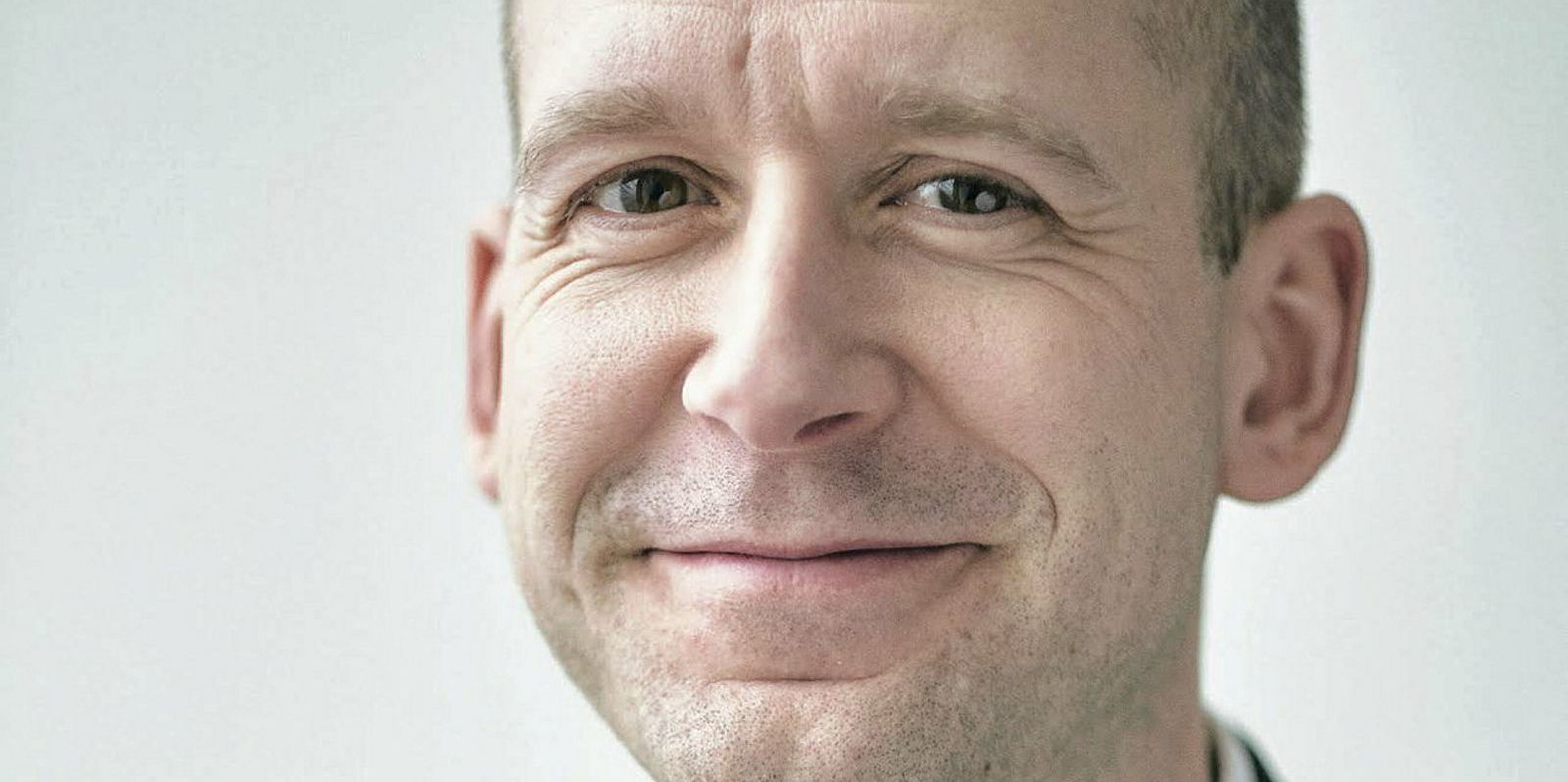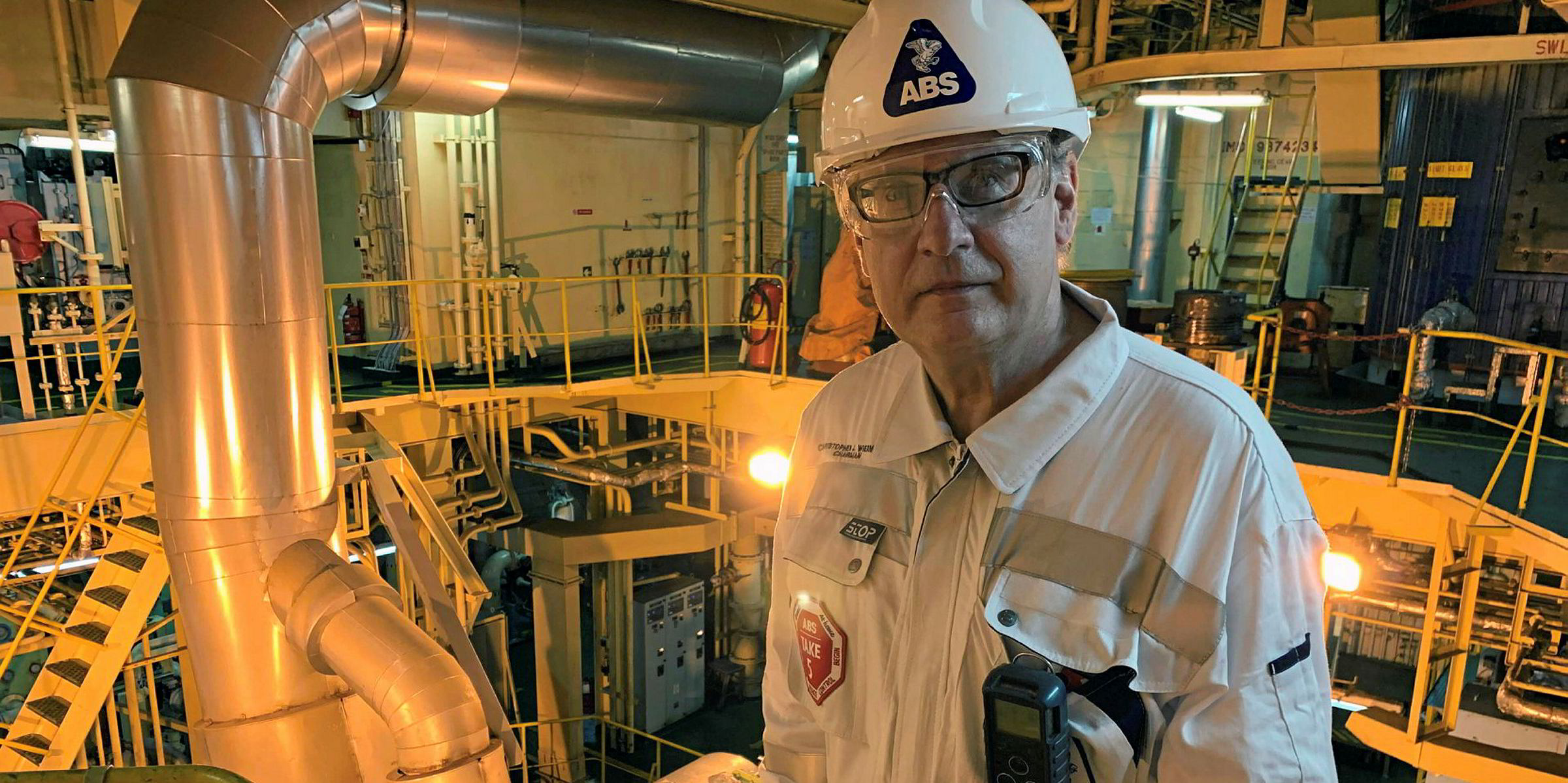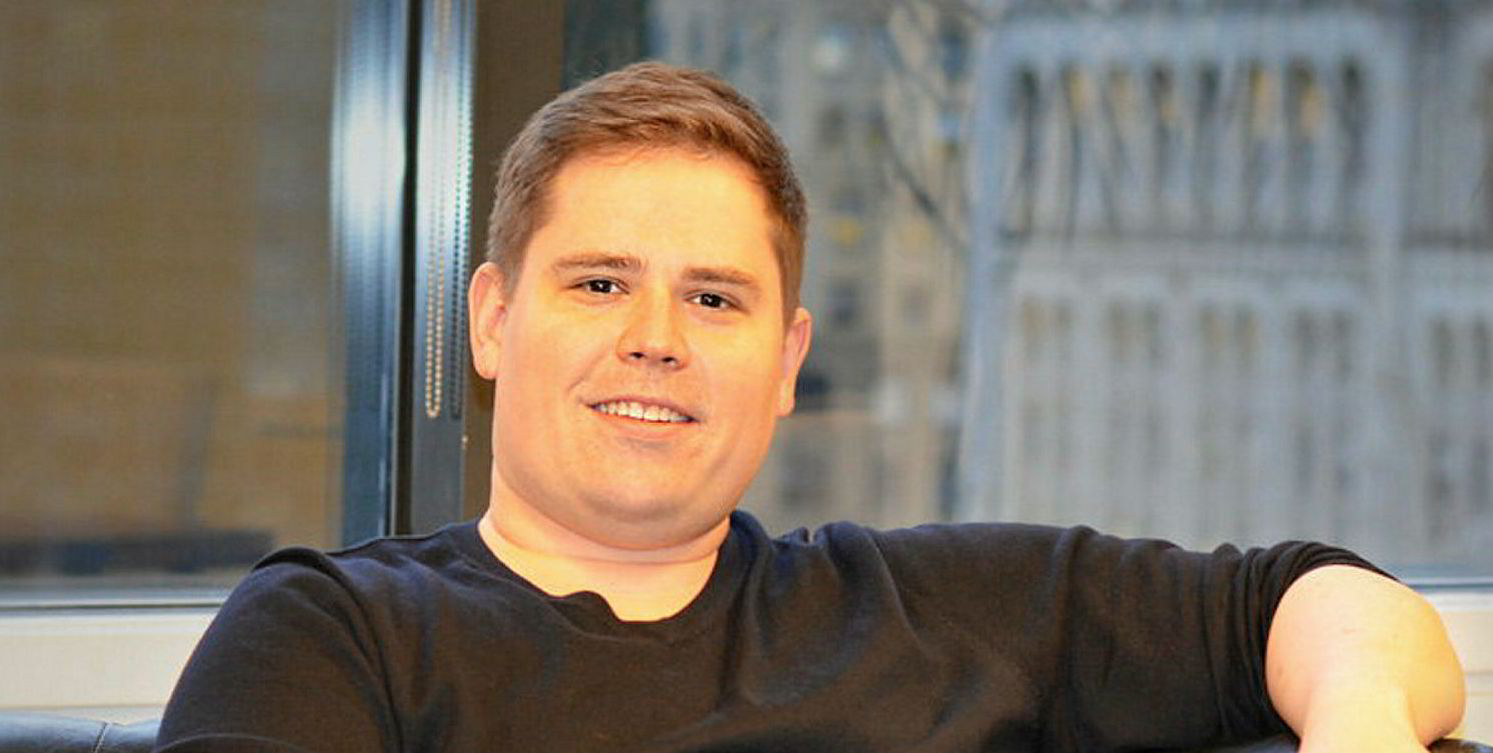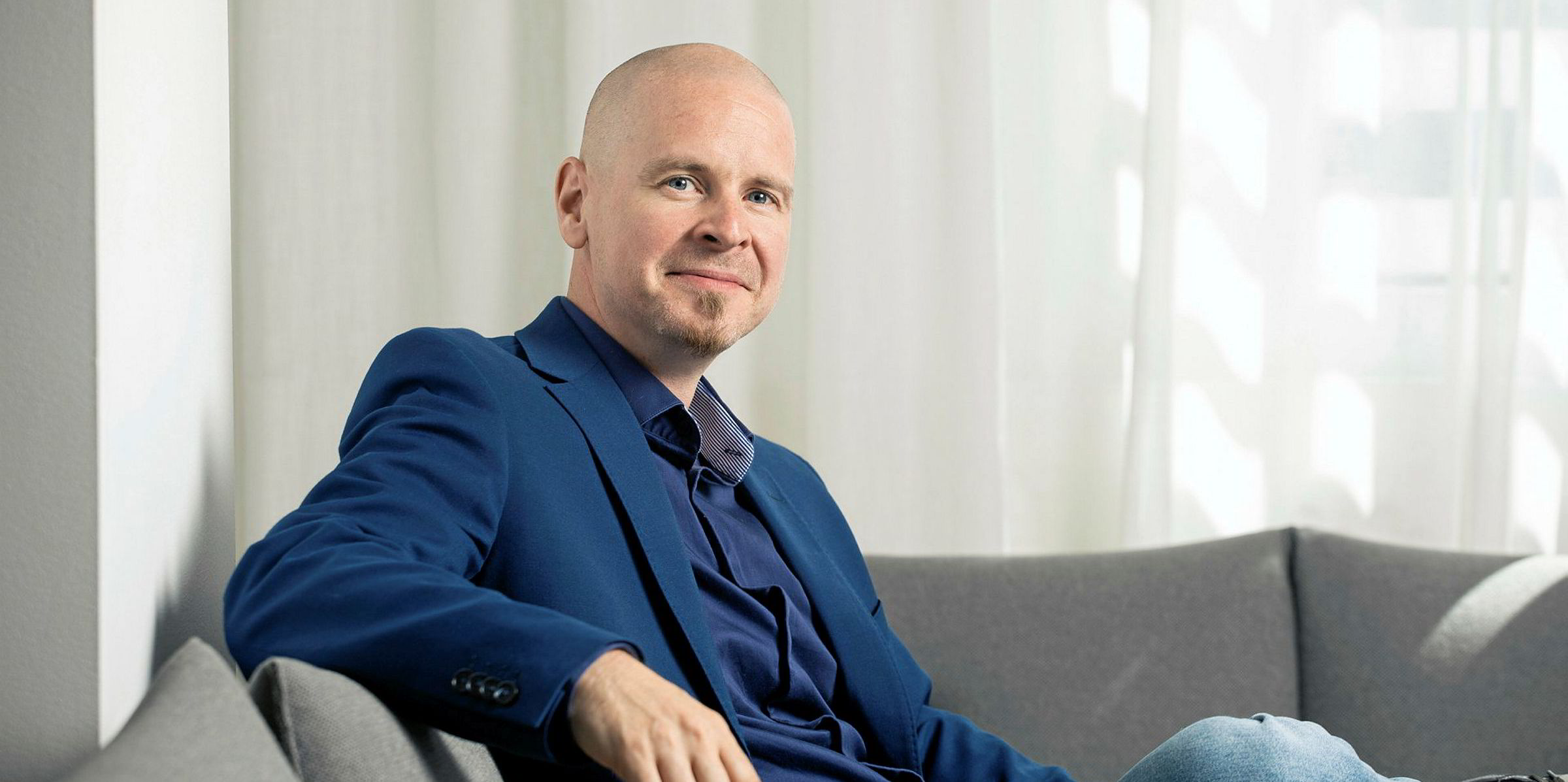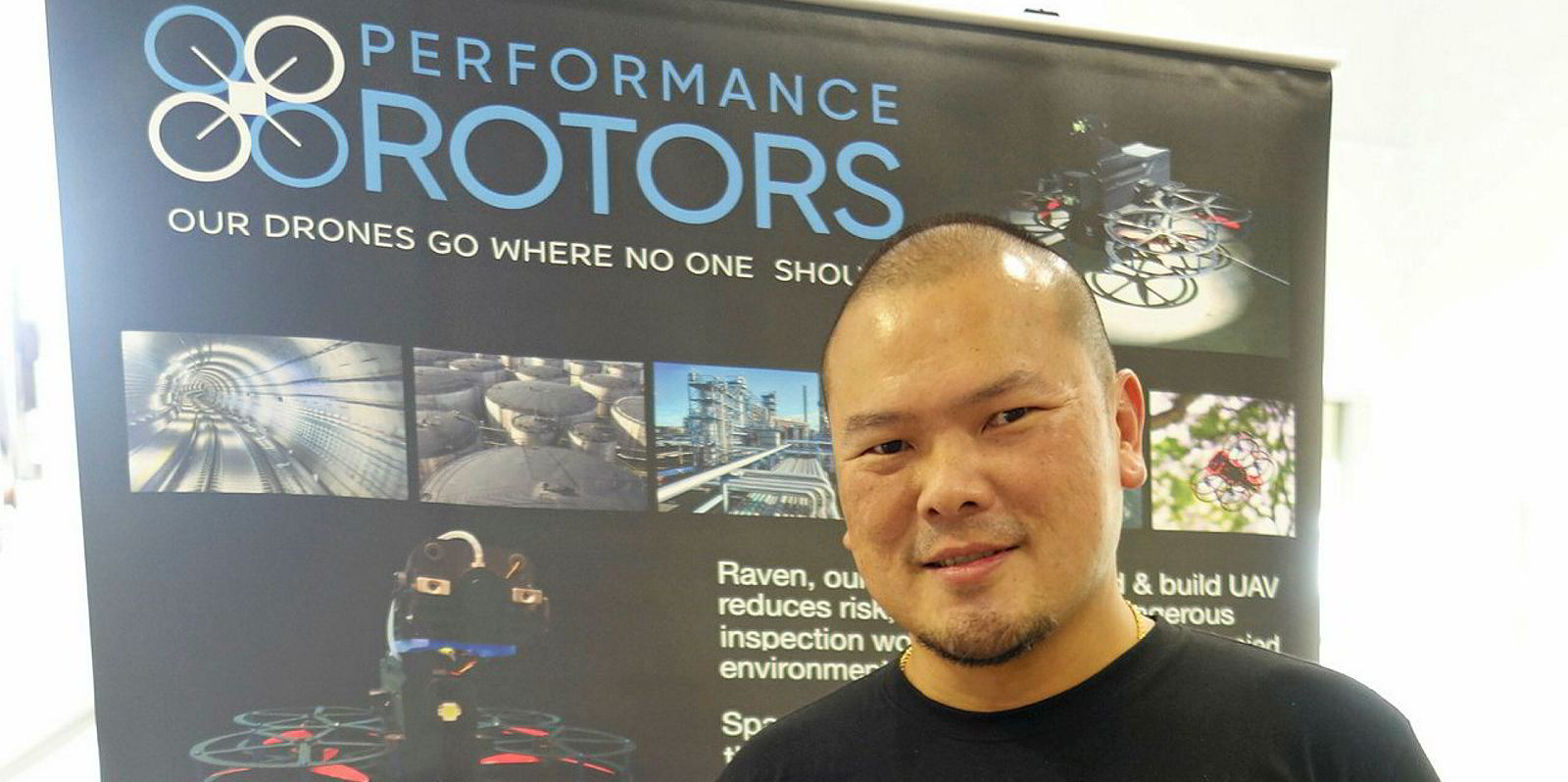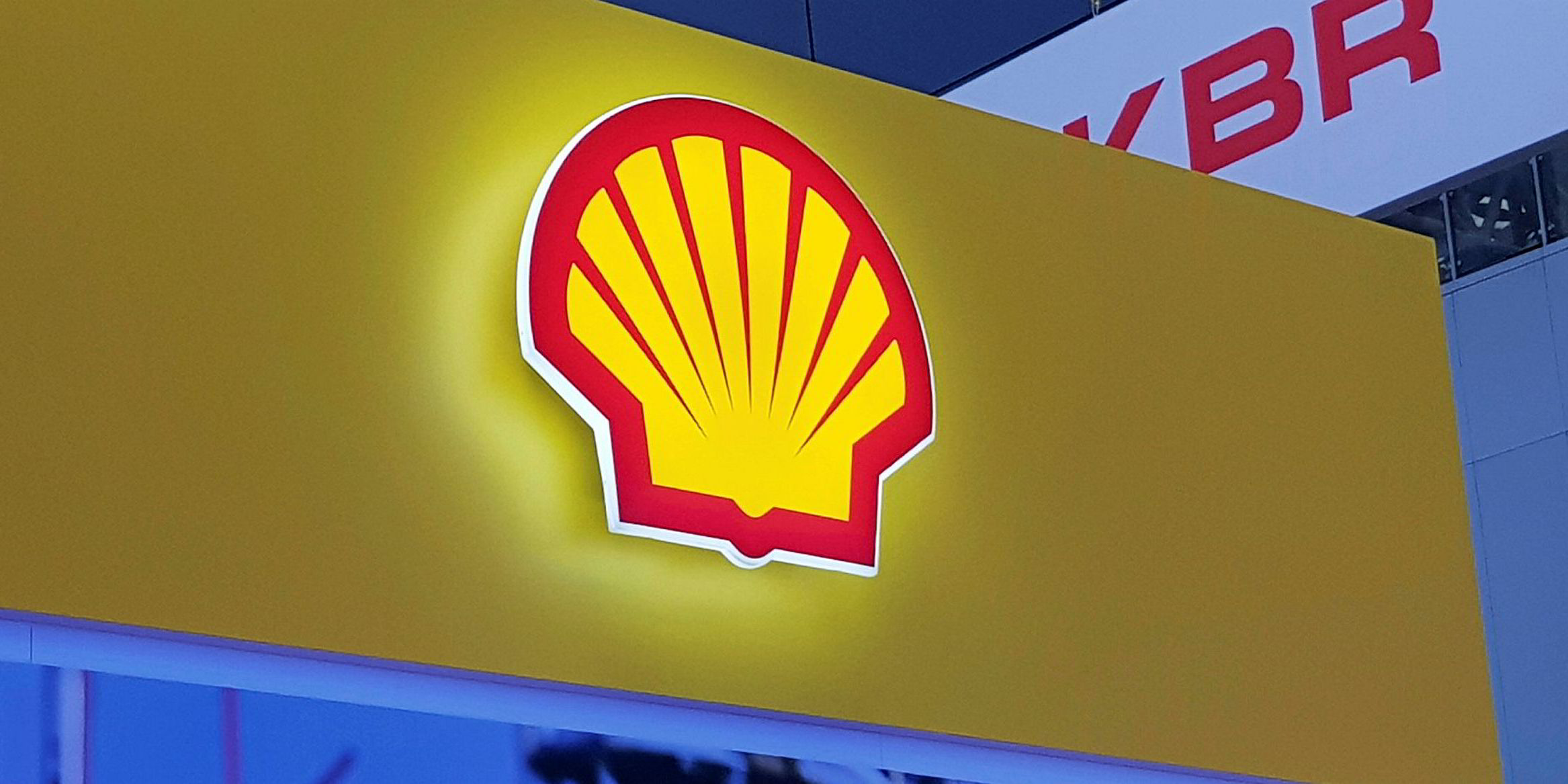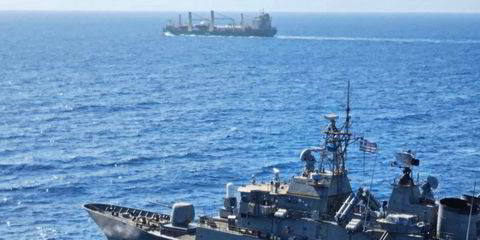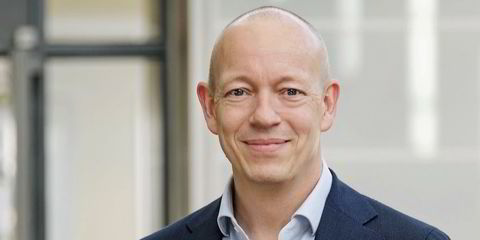Bright young technology developers claiming they can revolutionise shipping are a seemingly inexhaustible commodity these days — but most fail to deliver for one reason or another.
So, how is an inherently conservative and understandably sceptical industry to select the start-ups that have something real to offer, and ensure those bright ideas can be fully enacted?
One way is to use the services of an innovation accelerator with a deep understanding and experience of shipping industry issues, plus a track record of bringing together technological scale-ups with maritime companies in working partnerships.
Fortune 500
Rainmaking has been doing this kind of thing for 12 years, partnering with 81 Fortune 500 companies and helping to build 625 technology ventures from its now 10 global offices, and moving into transport in 2016.
Its trade and transport unit is headed by a partner and co-founder with 13 years shipping experience, ending up a decade ago as managing director of Maersk operations in Northern Europe.
Rainmaking partner Nicklas Viby Fursund described the company's function as working “at the intersection of technology start-ups or scale-ups and large industry corporations, because when combining the two, they can do things that neither can do alone".
Today, we are probably the only global innovation company specialised in maritime and transport.
Nicklas Viby Fursund
“Today, we are probably the only global innovation company specialised in maritime and transport.”
Fursund conceded that matchmaking methodologies have evolved.
In the early days of digital innovation, excitement tended to get ahead of proper evaluation and consequently concrete achievements were thin on the ground.
Now, Rainmaking ensures it first has a deep understanding of problems the industry wants to solve, and then spends time quantifying the issues to identify relevant technology partners.
“We screen more than 10,000 start-ups per year, and very few make it through the funnel. Last time we ran the trade and transport impact cycle, we identified and screened 650 start-ups and scale-ups and only 10 made it through,” he told TradeWinds.
Rainmaking tends to work more with scale-ups that have proven technologies that can work — “not start-ups that are typically two people and a powerpoint for a good idea” — to find the right matches to create partnerships that can solve problems.
Fursund said the process of matching a scale-up with a big company is similar to doing due diligence for a strategic partnership, merger or acquisition.
The trade and transport programmes are run on six-month cycles and although they are geared toward individual companies’ goals, they are overarched by issues the shipping industry needs solve. Two of those are end-to-end supply chain optimisation and decarbonisation.
“Partners join knowing that six-month by six-month cycle they will get real results and can end up with real commercial partnerships with tech scale-ups that have the capability they need to either reduce their costs or create new revenue, products and services,” Fursund said.
Future proofing
“If they do that year after year, that is the path to becoming a more future-proof company.”
Rainmaking has facilitated 24 maritime business commercial partnerships over the last year. There are other similar efforts underway to match tech firms with shipping companies, but Fursund said: “Nothing out there is generating the success we have seen.”
The matchmaking group is invested in 800 start-ups with other industry partners and builds its own ventures, but although Rainmaking needs to cover its costs and make a profit, it does not invest in all the partnerships it helps to set up.
“If we had criteria that we had to invest, or we needed equity, there would be a risk that we would discriminate and the partnerships not get the right partners.”
“At the heart of Rainmaking ultimately lies getting results for us and our partners. It means we go as far as we need to make sure projects are worthwhile to everyone. If nothing comes out no one wins.”
